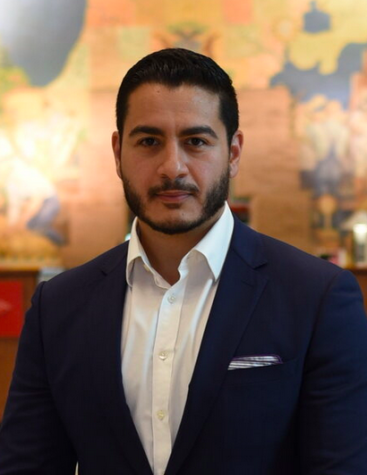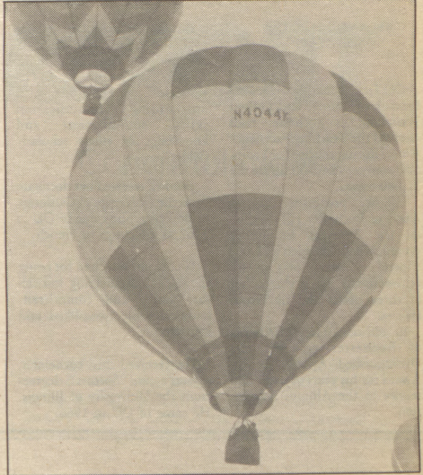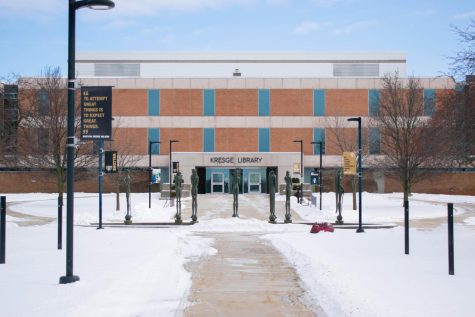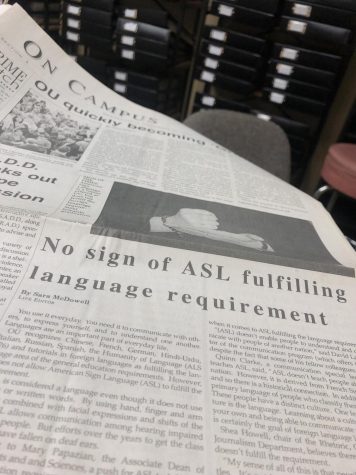Looking Back: Library heist of $73,500 worth of books
Espionage, execution and the promise of a sweet payday. When people talk about heists, they often imagine the target being a bank somewhere, or some rich snob who deserves a comeuppance. What they don’t think of is the target being a library.
More than $70,000 worth of rare texts were stolen from Kresge Library in 1983. The stolen texts, totaling 540 different works, went unnoticed for at least three months.
Officials suspected the text theft was carried out by professionals, but the library staff all took voluntary polygraphs about the missing books. Access to the room was only available through Dan Ring, the then assistant professor in charge of the archives in Kresge.
Public Safety investigator Mel Gilroy said that there was a “75 percent probability that the books will turn up,” assuming that the motive of the theft was an economic one. However, Gilroy went on to say that if the books ended up being sold to a private collector, there “wouldn’t be a snowball’s chance in hell” of recovering them.
Of the 540 different texts stolen, more than 350 were worth $100 or more, with 33 being worth more than $500. The collection was last appraised four years prior in 1979.
Among the stolen texts included books by Mark Twain and John James Audubon, the latter being the author of an $8,500 book at the time that was stolen. The piece by Audubon, “Birds of America,” is considered one of the rarest books ever, going up for auction earlier this year for $9.6 million.
Oakland ended up calling both state investigators as well as the Federal Bureau of Investigations (FBI) in order to track down the books.
“The university is very concerned about it and we are going to do everything possible [to find out what happened),” said Jerry Dahlman, the then assistant to the president for university relations.
Bill Cramer, in charge of government documents at Kresge Library at the time, said the keys the doors to the archives weren’t any different than the keys for the rest of the library, and Kresge’s security was about the same as most other libraries in the area.
Notices were sent out to various rare book dealers and trade publications around the area to keep a lookout in case the rare books ever turned up there in the hopes of getting a break in the case.
Unfortunately, the books never ended up being located. That began the questions of who would end up paying for the stolen books, and if the insurance OU had would cover the cost.
Two different insurance companies, due to OU switching in the year that the books were stolen, worked to determine which company had to pay the claim, and whether they had to pay it at all. If the theft was done over a long period of time and wasn’t a one-and-done type of operation, and if the theft was done from outside the university, the university would be jipped out of all the money for the books.
As of May 1983, four months after the books were assumed stolen, no arrests had yet to be made.








Daniel F Ring • Oct 25, 2018 at 7:56 AM
About the book theft there are several inaccuracies. First I was the only one to take a polygraph. I was lured pressured into it by Inrdra David the acting Dean who told me that she and Dave Gustner would also do it. They also had access. Once i did it Indra pulled out. I had an inventory of every book worth $50 or more that allowed us to quickly identify which books were missing and their value. Indra implicated me as a suspect by telling the police that I could have been “used” by the thieves.The OUPD suggested that I stole from the list.Interrogation followed interrogation. I discovered the theft.I reported it Without my inventory it would have taken a very long time to figure out what was missing.Had I known what would happen I never would have turned the inventory over to Oakland.The administration scrambled to save their sorry asses. There was not a problem down there including security that I had not brought to Oakland’s attention.